Join the RCMP: Your Guide to a Career in Policing
Hello, Canada! Are you ready to embark on an exciting journey towards a rewarding career in law enforcement? The Royal Canadian Mounted Police (RCMP) is renowned for its commitment to serving and protecting our great nation. If you’ve ever dreamed of becoming an RCMP officer, this guide is here to help you navigate the path to joining this esteemed organization.
The RCMP has specific requirements that aspiring officers must meet. To start, you must be a Canadian citizen or a permanent resident. Proficiency in English and/or French is essential, along with a high school diploma or equivalent. Good health and a sound character are also crucial. Reviewing the RCMP’s website and the specific criteria for the police force you’re interested in joining is essential to ensure you meet all the necessary requirements.
Join me as we explore the RCMP application process, career qualifications, training, and the opportunities that await you in this dynamic field of policing.
Key Takeaways:
- Being a Canadian citizen or permanent resident is a requirement for joining the RCMP.
- Proficiency in English and/or French is necessary.
- A high school diploma or equivalent is a basic educational requirement.
- Good physical and mental health are essential for a career in policing.
- Review the specific criteria for the RCMP or your desired police force to ensure you meet all the necessary requirements.
The RCMP Application Process
Are you ready to take the first step towards joining the Royal Canadian Mounted Police? The RCMP application process is designed to thoroughly evaluate aspiring officers and ensure they possess the necessary skills, qualifications, and attributes for a career in policing.
The application process consists of several stages that assess different aspects of your suitability for the role. Let’s take a closer look at each step:
- Written Exam: The written exam evaluates your knowledge and skills in areas such as problem-solving, critical thinking, and ethical decision-making. It tests your ability to handle situations that you may encounter as an RCMP officer.
- Physical Exams: Physical fitness plays a crucial role in law enforcement. Physical exams assess your overall fitness, agility, and endurance. These exams ensure that you have the physical capabilities required to perform the duties of an RCMP officer.
- Psychological Exam: Policing can be mentally demanding, and the psychological exam aims to evaluate your mental health and suitability for a career in law enforcement. This assessment helps determine if you have the resilience and emotional stability required to handle the challenges of the job.
- Medical Exams: Your overall physical health is assessed through medical exams. These exams ensure that you are in good health and able to perform the necessary tasks of an RCMP officer. They also help identify any existing medical conditions that could affect your job performance.
- Polygraph Exam: The polygraph exam is used to verify the accuracy of the information you provide during the application process. It helps ensure that all applicants are honest and transparent, as integrity is a fundamental requirement for an RCMP officer.
- Background Investigation: A thorough background investigation is conducted to assess your character, past behaviors, and suitability for a career in law enforcement. This investigation involves speaking to colleagues, family members, neighbors, landlords, and past employers to gather relevant information.
Successful applicants who pass all stages of the application process will proceed to the next phase: RCMP training at the RCMP Academy, located in Regina, Saskatchewan.
| Application Stage | Description |
|---|---|
| Written Exam | Evaluates knowledge and skills in problem-solving, critical thinking, and ethical decision-making. |
| Physical Exams | Assesses overall fitness, agility, and endurance. |
| Psychological Exam | Evaluates mental health and suitability for a career in law enforcement. |
| Medical Exams | Assesses overall physical health and ability to perform duties. |
| Polygraph Exam | Verifies the accuracy of the applicant’s statements. |
| Background Investigation | Assesses character, past behaviors, and suitability for policing. |
Once accepted into the RCMP, successful applicants will undergo comprehensive training at the RCMP Academy, equipping them with the necessary skills and knowledge to serve as RCMP officers.
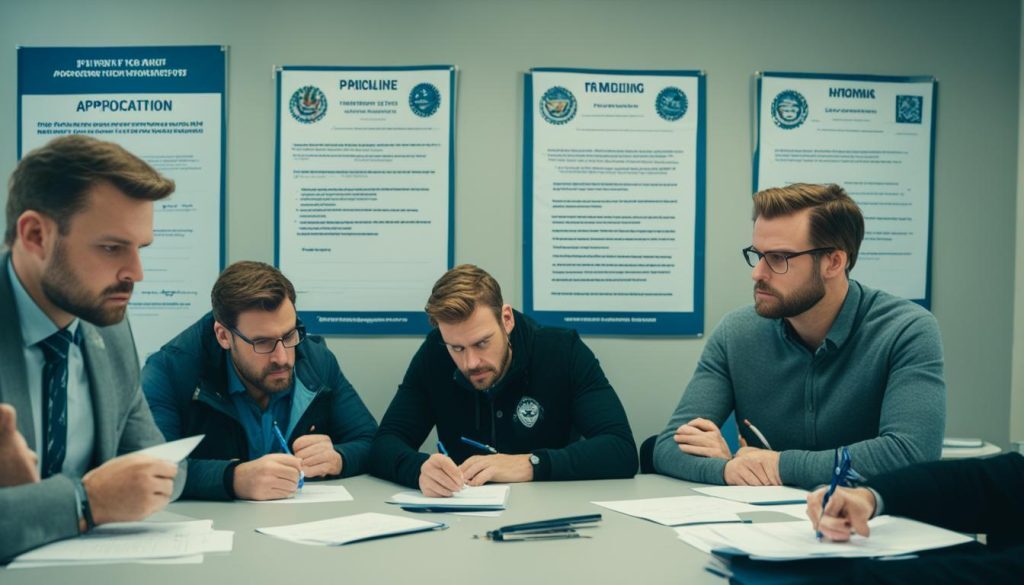
Joining the RCMP is a rigorous process, but it’s a rewarding journey for those passionate about making a difference in their communities through law enforcement. In the next section, we will explore the exciting career path and qualifications available for RCMP officers.
The RCMP Career Path and Qualifications
Once accepted into the RCMP, officers embark on a fulfilling career path with various opportunities for growth and specialization. The RCMP offers over 150 career specializations, including forensic identification, emergency response, marine patrol, and more. Officers can choose to specialize in a specific area based on their interests and aptitudes.
In terms of qualifications, ongoing professional development and training are vital for a successful career in the RCMP. Officers are expected to continuously enhance their skills and knowledge to effectively serve and protect their communities. The RCMP also has recruitment initiatives to attract a diverse and talented pool of candidates, including women, Indigenous people, and individuals from different cultural backgrounds.

- Over 150 career specializations available within the RCMP
- Specialize in areas such as forensic identification, emergency response, and marine patrol
- Ongoing professional development and training essential for career advancement
- Attractive recruitment initiatives to encourage diversity and talent
How Long Does it Take to Become an RCMP Officer?
The timeline for becoming an RCMP officer can vary depending on individual circumstances and the availability of recruitment opportunities. After successfully completing the application process, including exams and background checks, applicants accepted into the RCMP will typically attend the RCMP Academy in Regina, Saskatchewan for approximately 26 weeks of training. This training is comprehensive and covers various aspects of policing, including law, firearms, defensive tactics, and community policing. Upon graduation from the academy, officers will be ready to start their careers in law enforcement. It’s important to note that the training and application process can take several months to complete.
| Application Process | Duration |
|---|---|
| Application and Exams | Varies |
| Background Checks | Varies |
| RCMP Academy Training | 26 weeks |
Canadian Police Officer Salary & Benefits
Being an RCMP officer comes with a competitive salary and a comprehensive benefits package. The salary of an RCMP officer varies depending on rank and experience. According to the RCMP website, the starting salary for a constable is approximately $53,144 per year. This provides a solid foundation for a rewarding career in law enforcement.
As officers gain more experience and move up in rank, there are opportunities for salary advancement and promotions. This means that with dedication and hard work, RCMP officers can continue to see their income grow along with their professional advancement.
In addition to a competitive salary, RCMP officers have access to a wide range of benefits to support their overall well-being. The benefits package includes health and dental coverage to keep officers and their families protected. This ensures that they can focus on their duties without worrying about medical expenses.
The RCMP also offers pension plans to provide financial security in the long term. This ensures that officers can enjoy a comfortable retirement after dedicating their careers to serving their communities.
Officers also receive paid vacation and sick leave, giving them the time they need to rest and recharge or take care of their health when necessary. This work-life balance is essential in a physically and mentally demanding profession.
Furthermore, the RCMP provides access to various employee assistance programs. These programs offer support and resources to help officers maintain their mental health and deal with the challenges they may face in their roles.
For officers serving in remote areas, the RCMP offers additional benefits such as housing allowances. These allowances help ensure that officers have suitable accommodation while serving in challenging and isolated locations.
All these salary and benefits provisions highlight the commitment of the RCMP to take care of its officers and promote their overall well-being. It’s clear that the RCMP values the dedication and service of its officers and strives to provide them with a rewarding and fulfilling career.
| Rank | Starting Salary (approx.) |
|---|---|
| Constable | $53,144 per year |
| Sergeant | $86,110 per year |
| Staff Sergeant | $109,310 per year |
From Security Guard to RCMP Officer
Are you currently working as a security guard and dreaming of a career as an RCMP officer? Good news! Your experience as a security guard can be a valuable asset in your journey towards joining the Royal Canadian Mounted Police.
Working as a security guard provides you with practical experience in essential skills that are applicable to policing. You gain valuable experience in observing and reporting incidents, conflict resolution, and emergency response. These skills are highly transferable to the RCMP, where officers are responsible for maintaining public safety and enforcing the law.
Moreover, working as a security guard allows you to develop strong communication and interpersonal skills. Effective communication is crucial in law enforcement to build trust, gather information, and deescalate potentially volatile situations. Your experience in dealing with diverse individuals and diffusing conflicts will undoubtedly be an asset in your future career as an RCMP officer.
To transition from a security guard to an RCMP officer, you’ll need to meet the minimum requirements and go through the application process outlined earlier in this article. Ensure you meet the criteria such as being a Canadian citizen or permanent resident, possessing a high school diploma or equivalent, and being in good health. With your security guard experience and the right qualifications, you’ll be well-positioned to embark on a fulfilling career with the RCMP.
- The Role of Police in Community Safety & Unity - October 6, 2025
- Quebec Police Officer Salary Insights 2023 - July 13, 2025
- Canada Arrest Protocol: What Police Say Upon Arrest - June 12, 2025
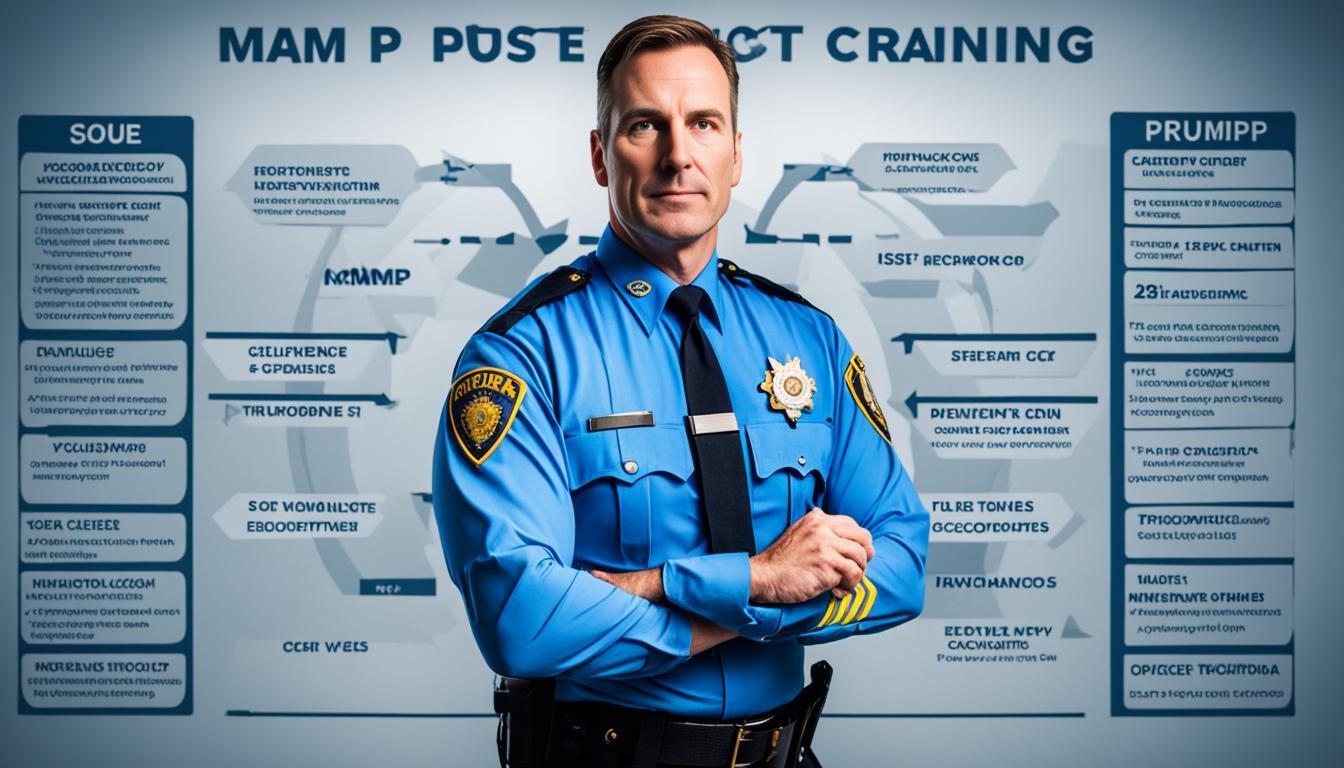
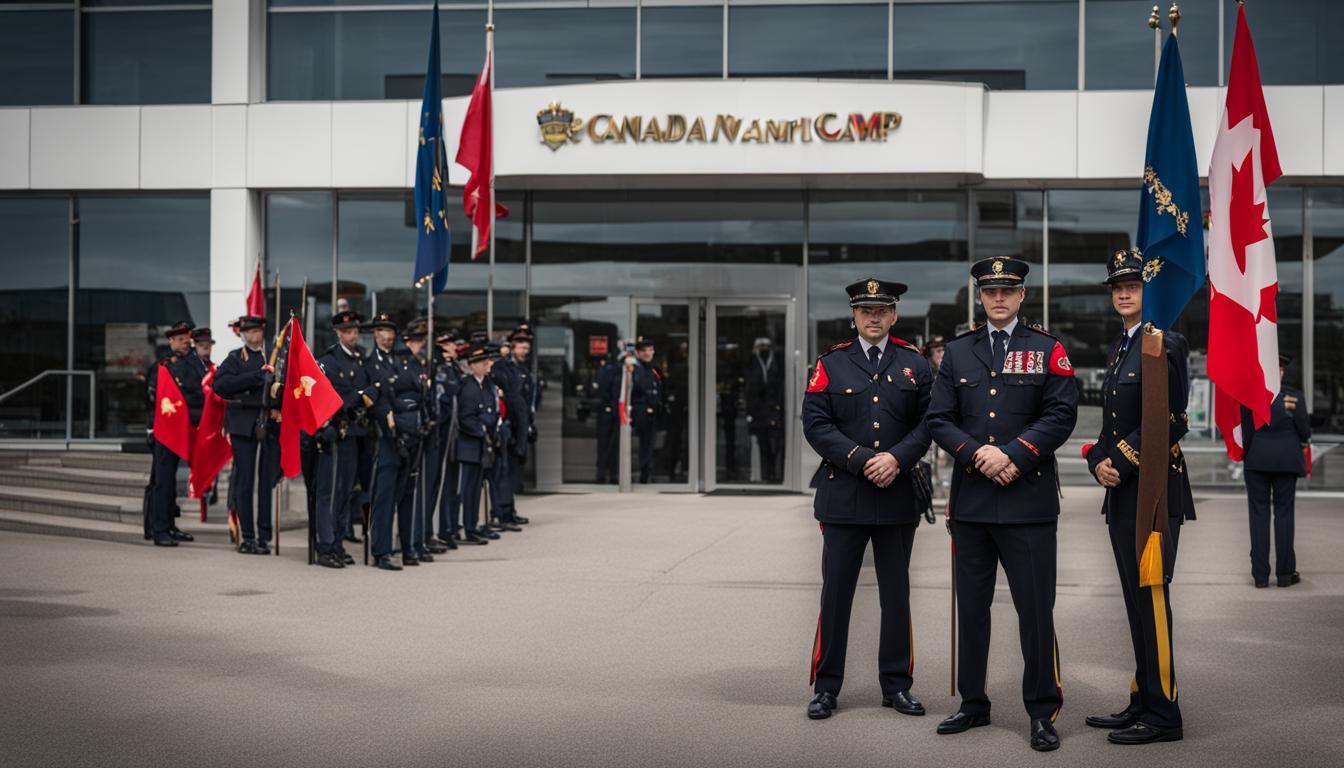
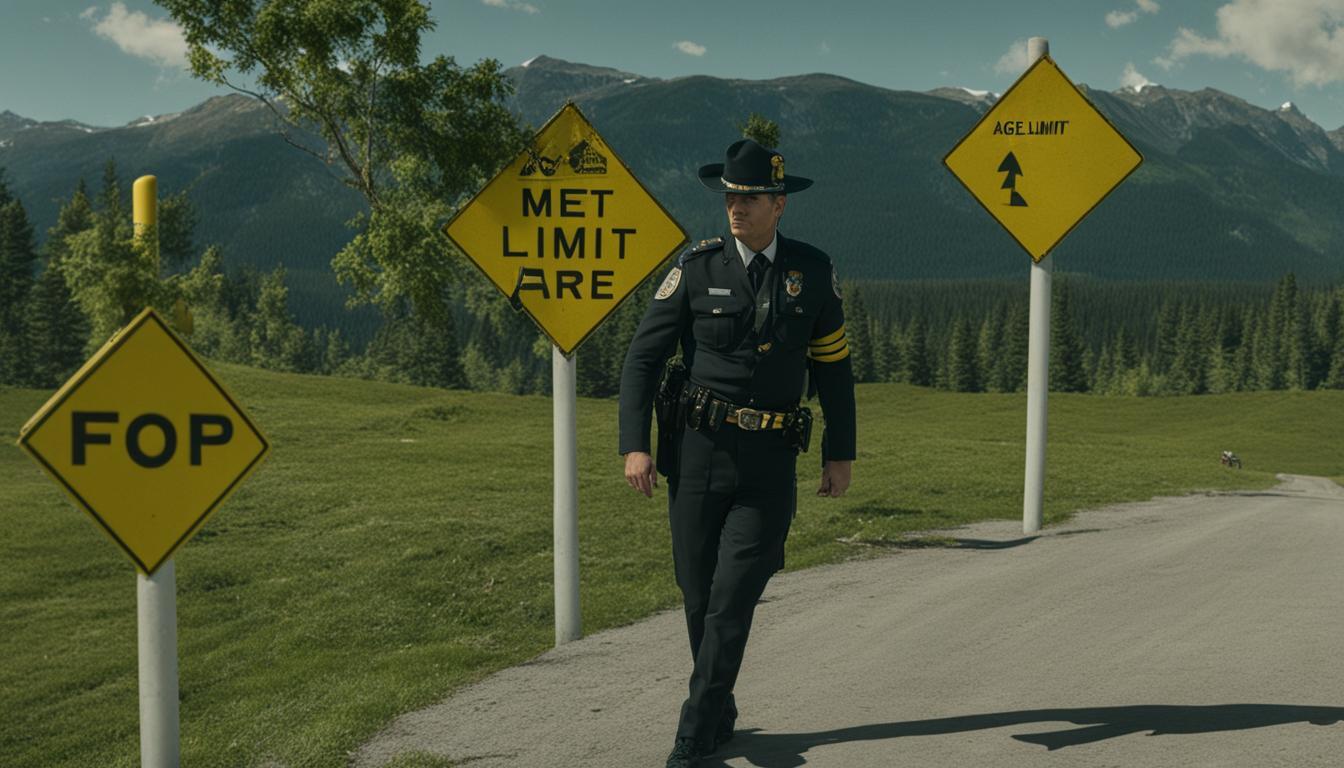
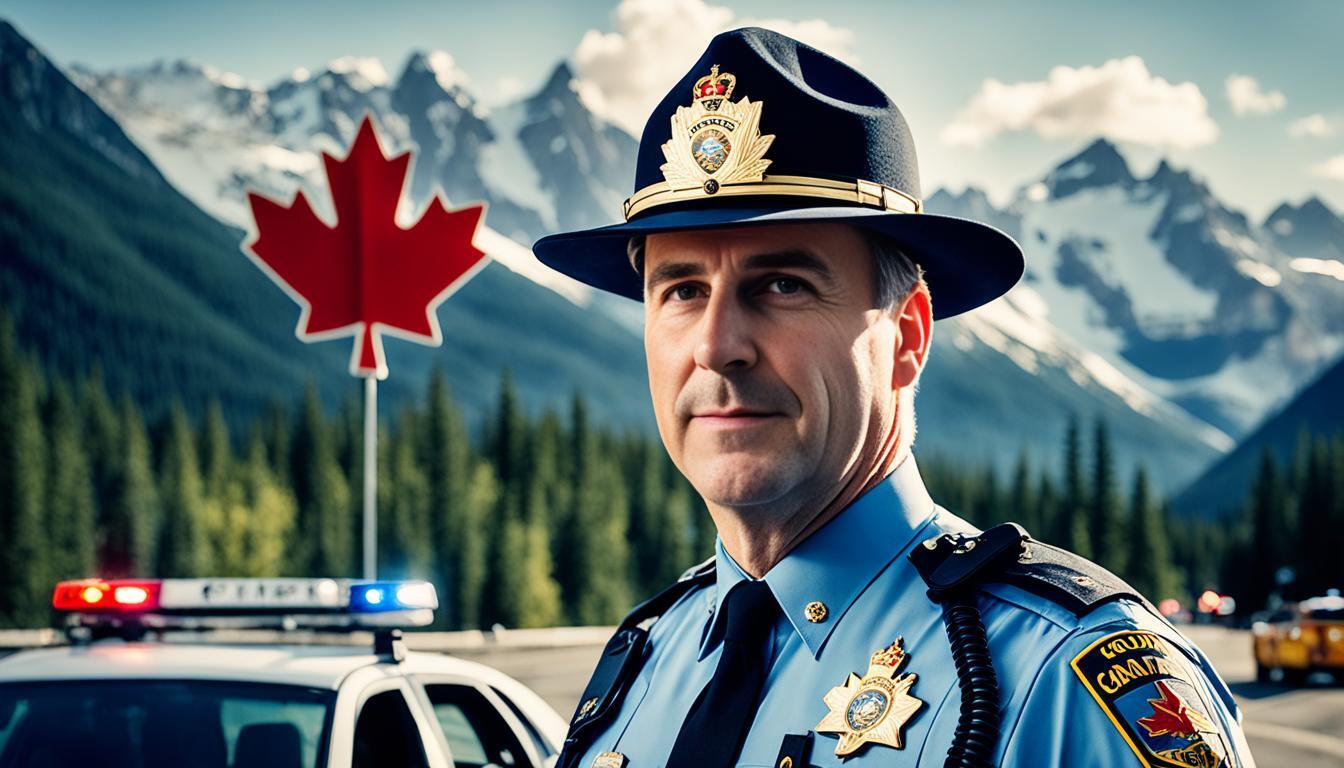
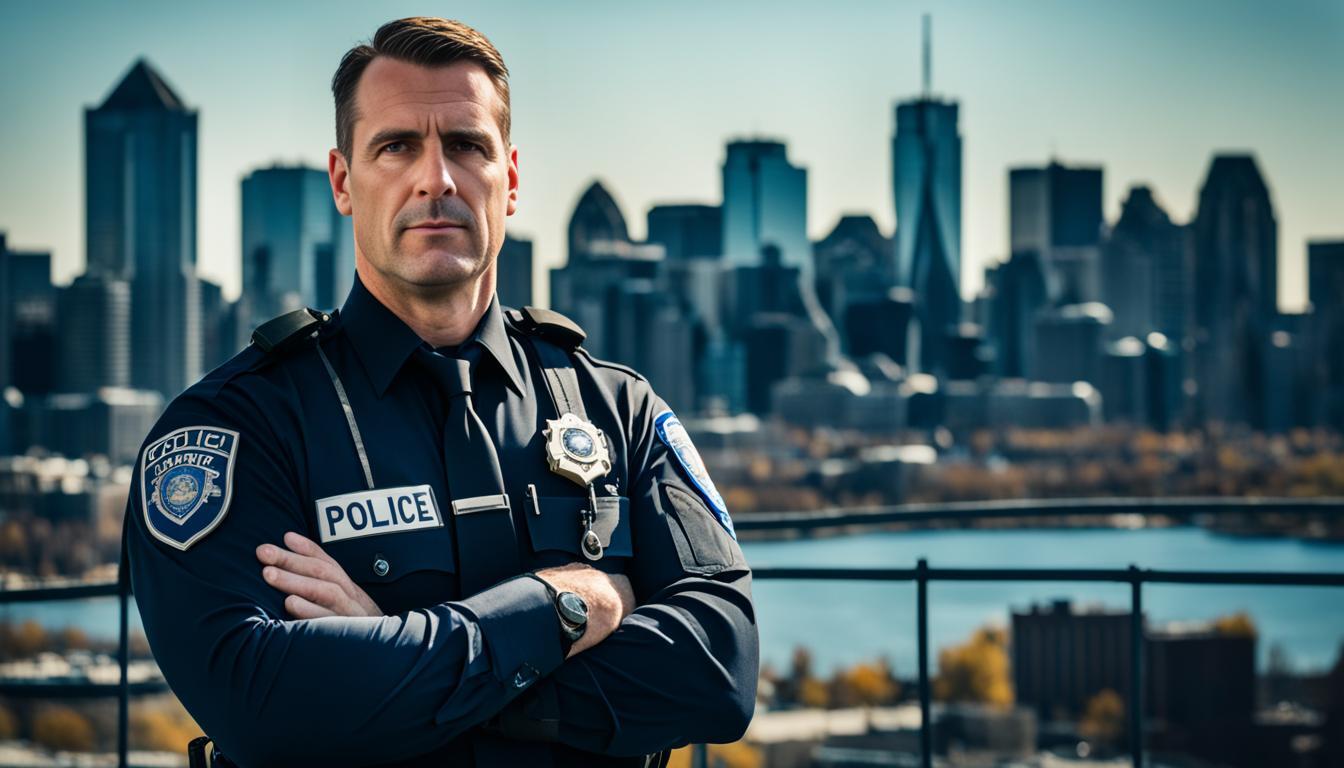
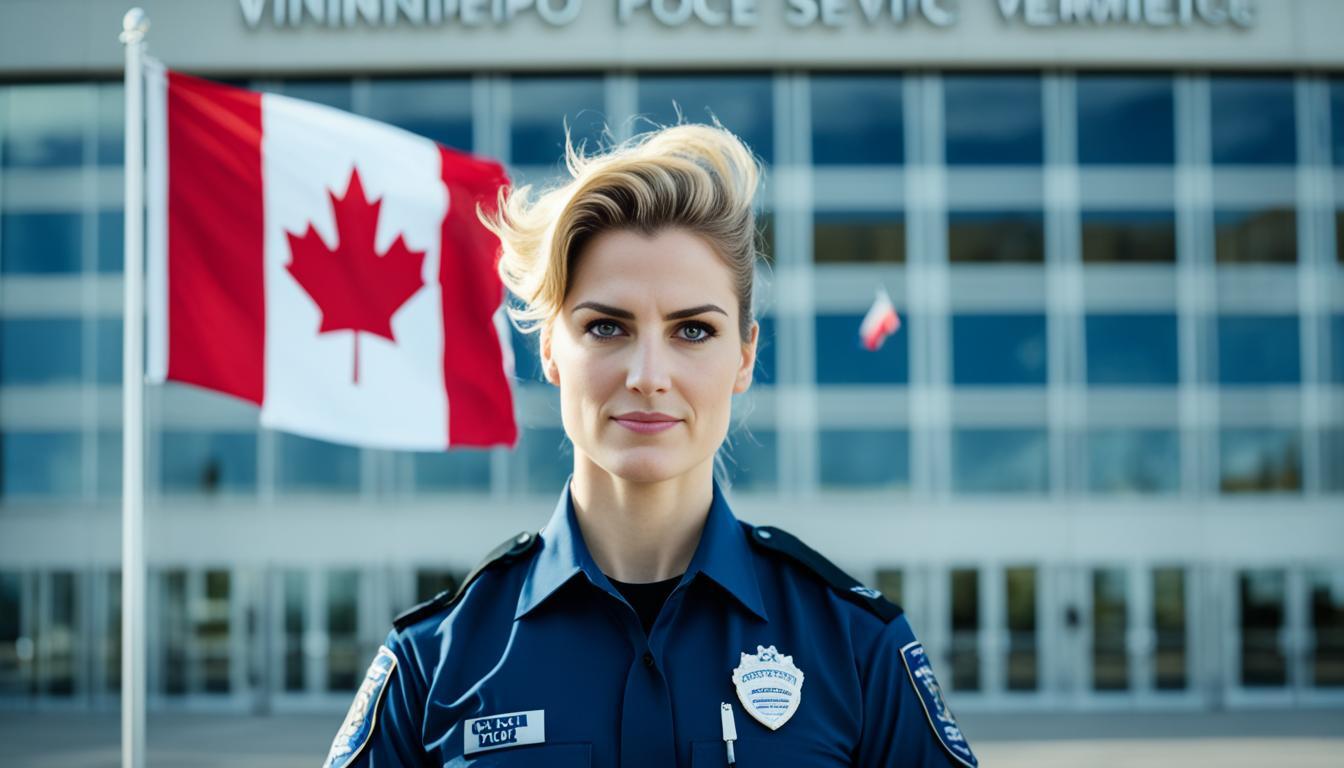
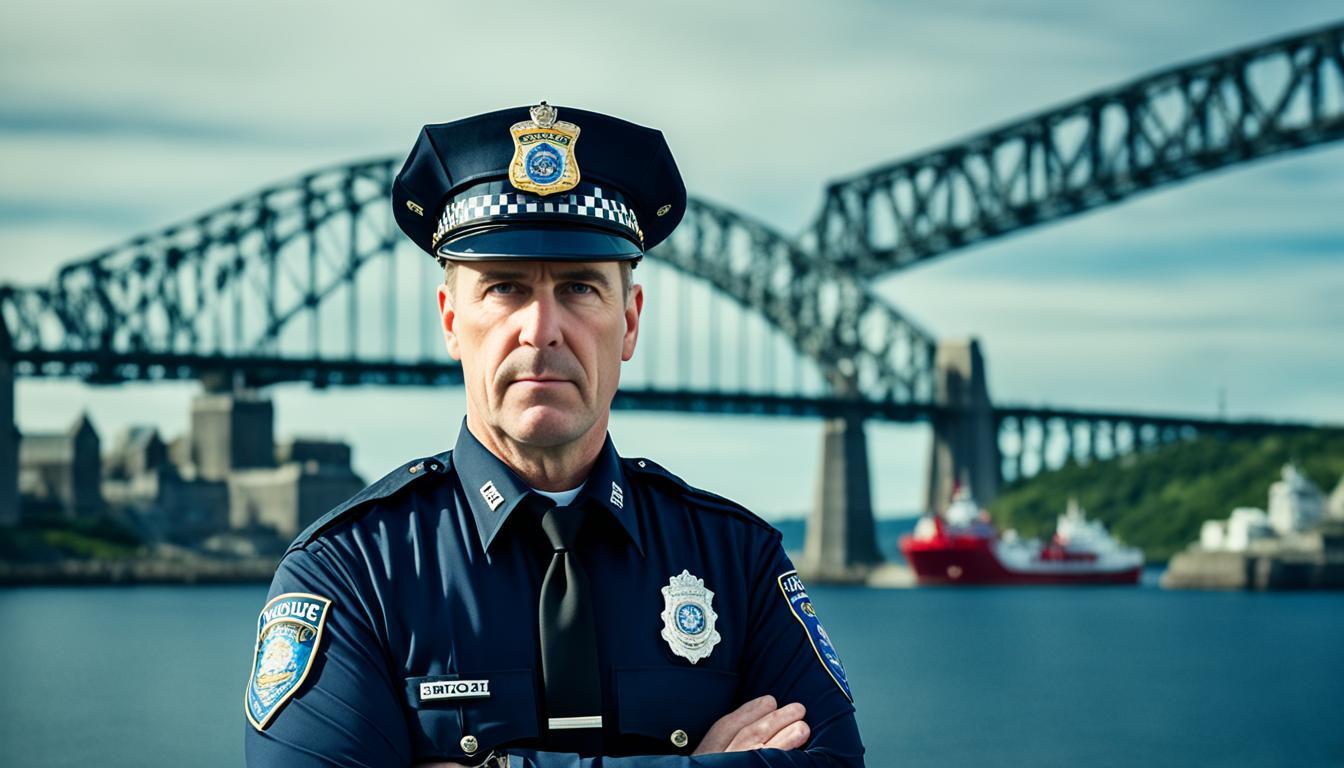
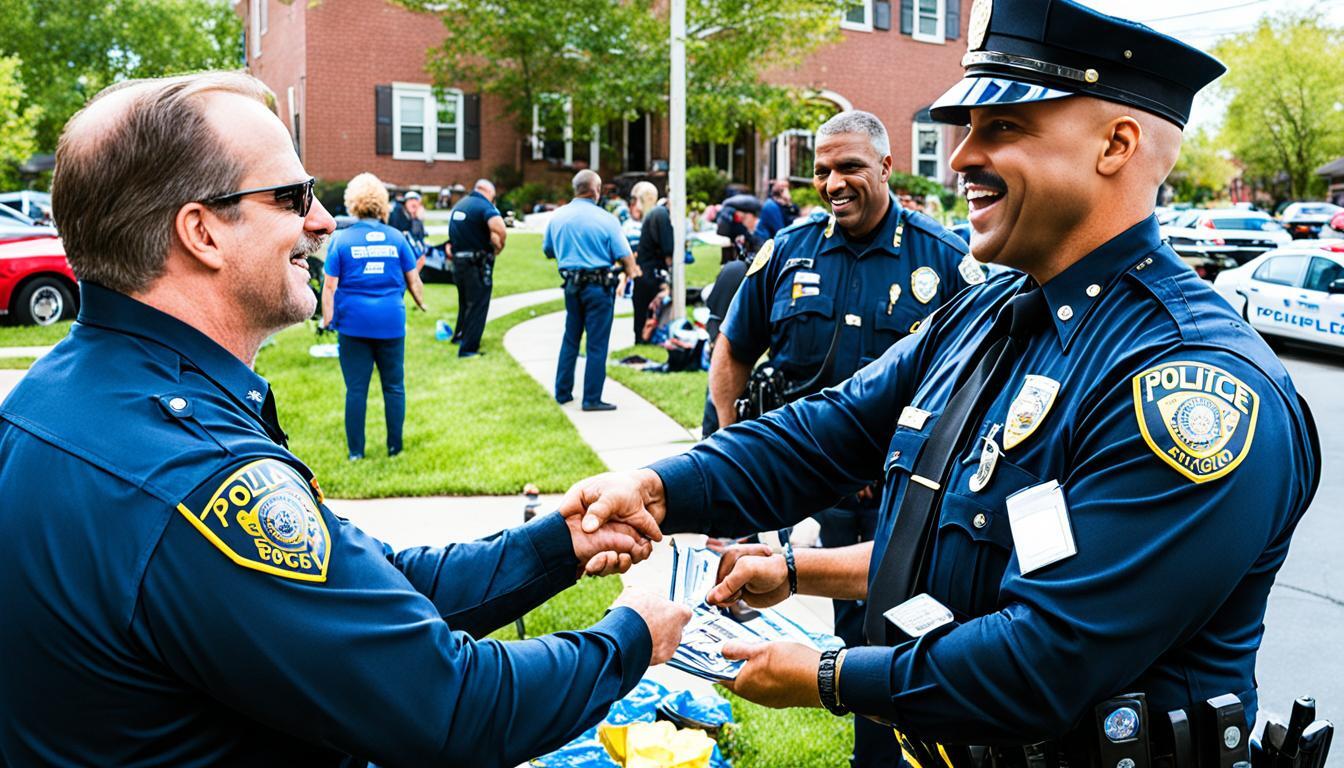
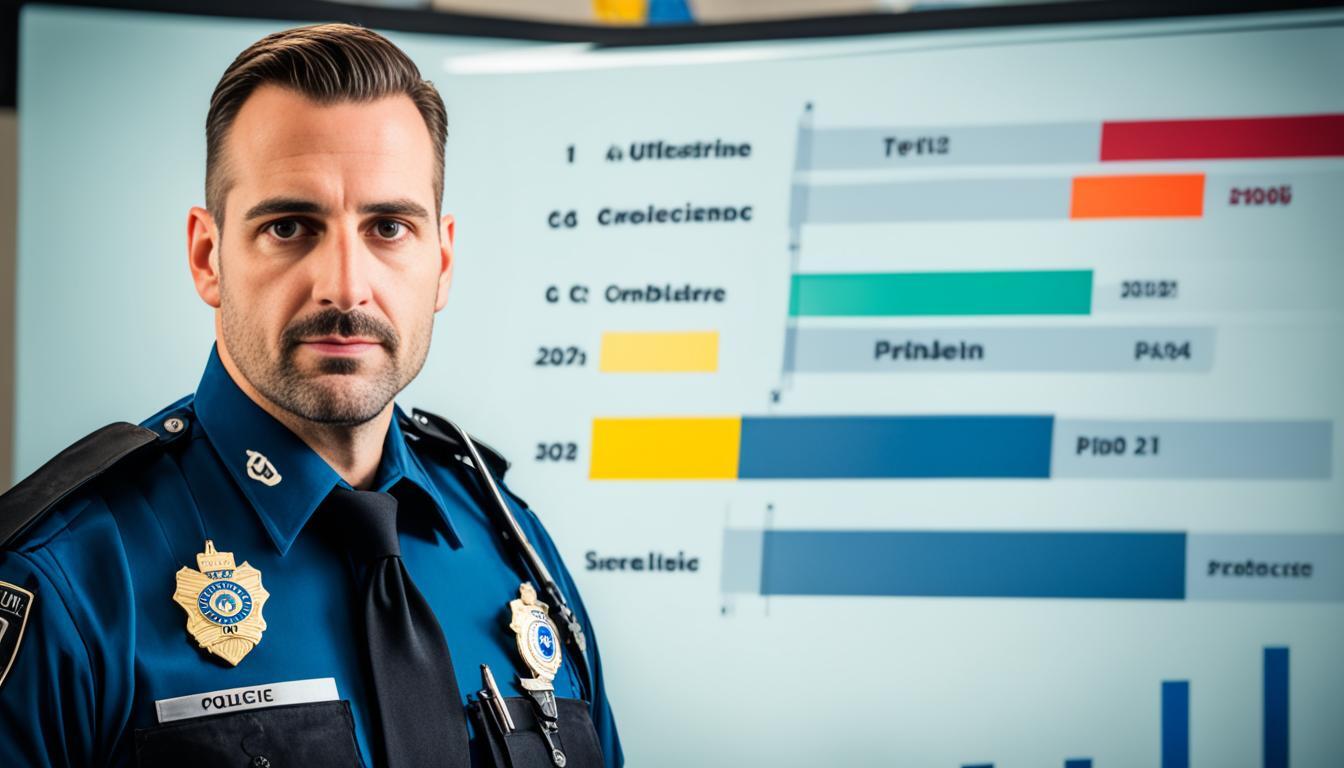











Post Comment